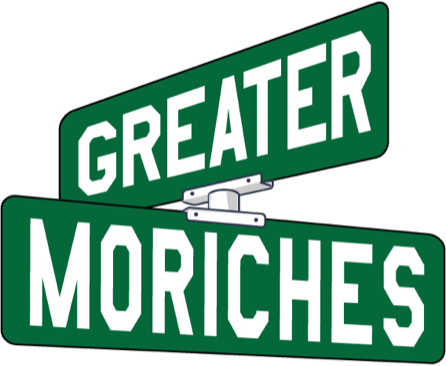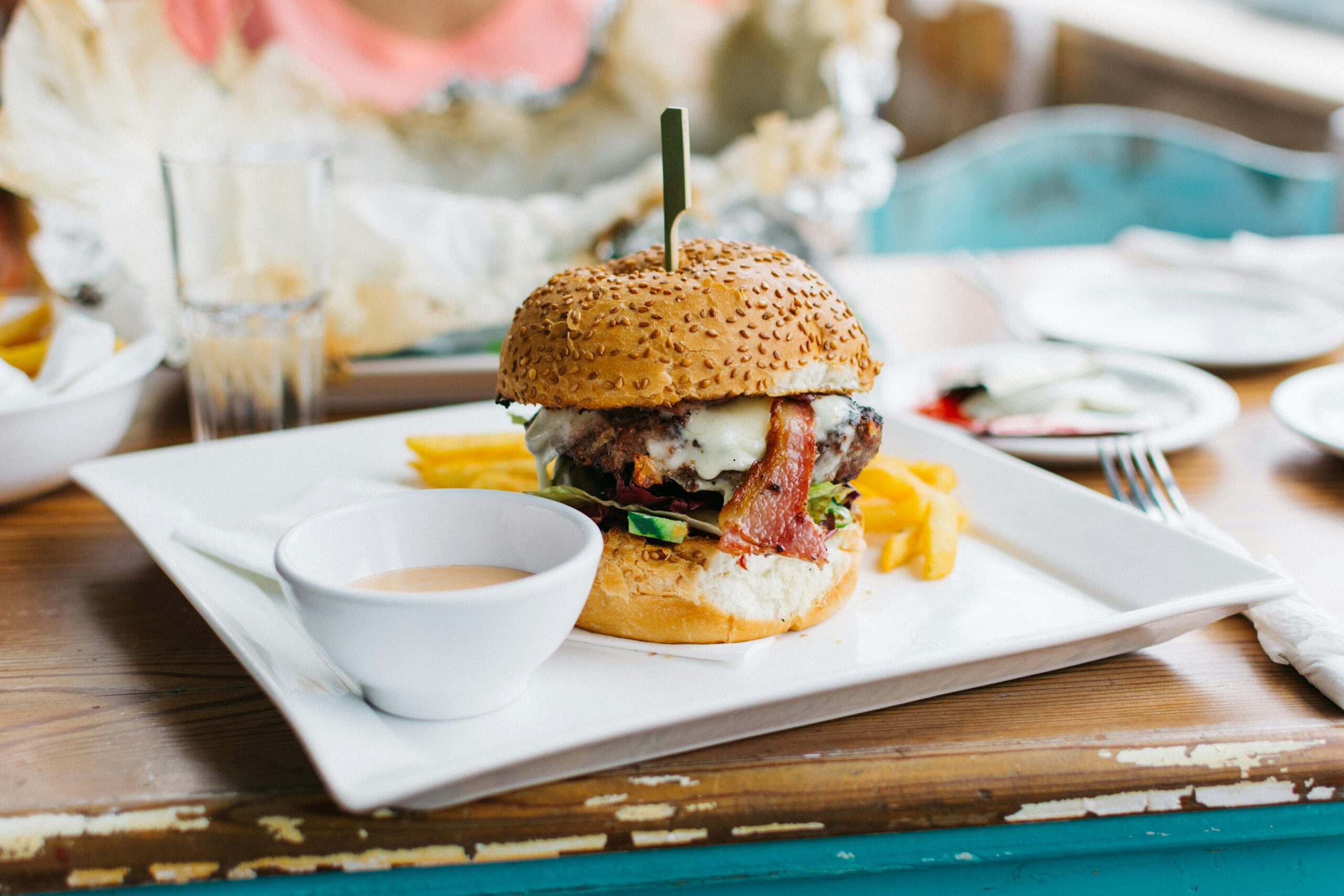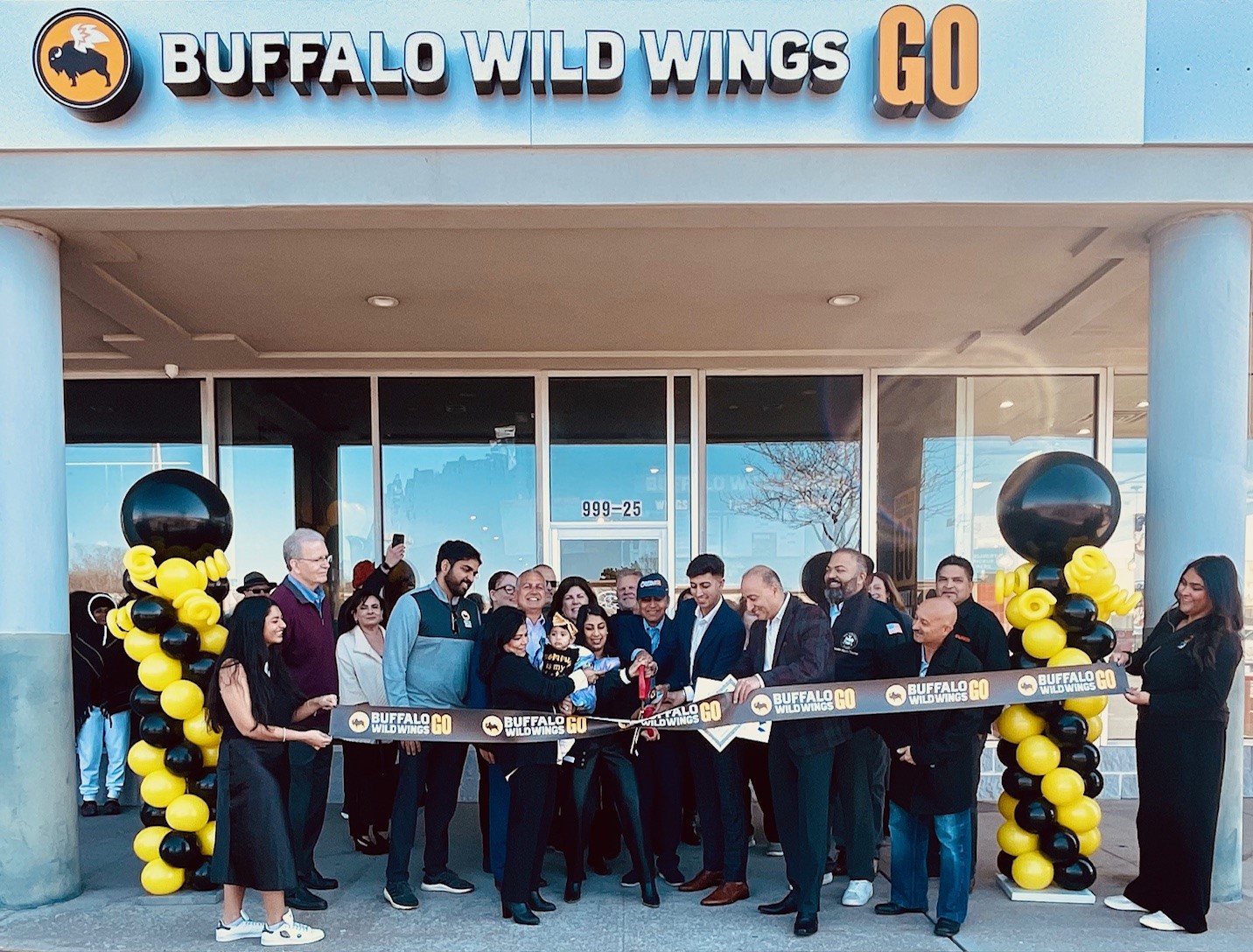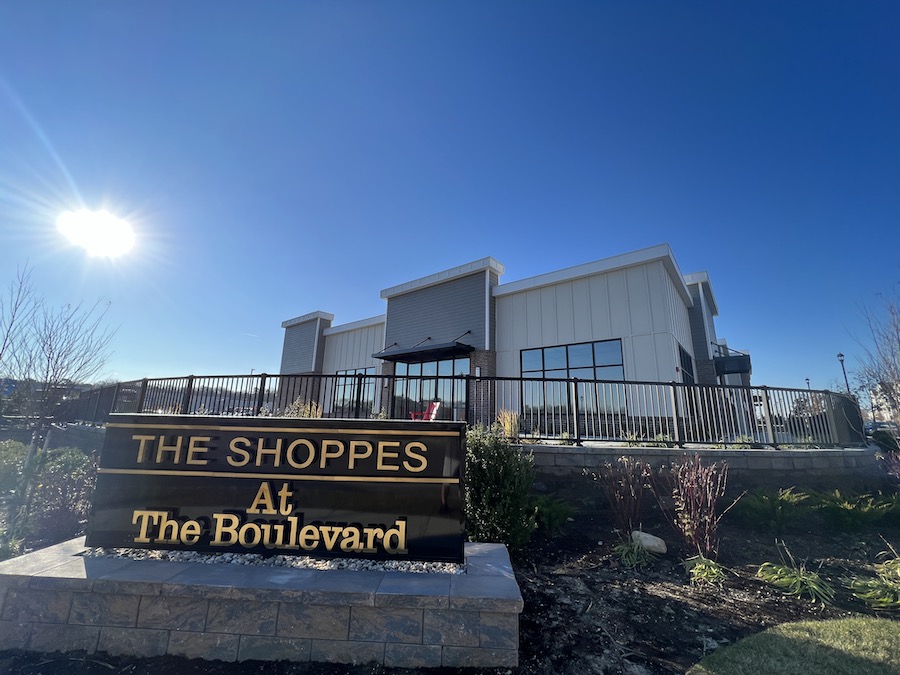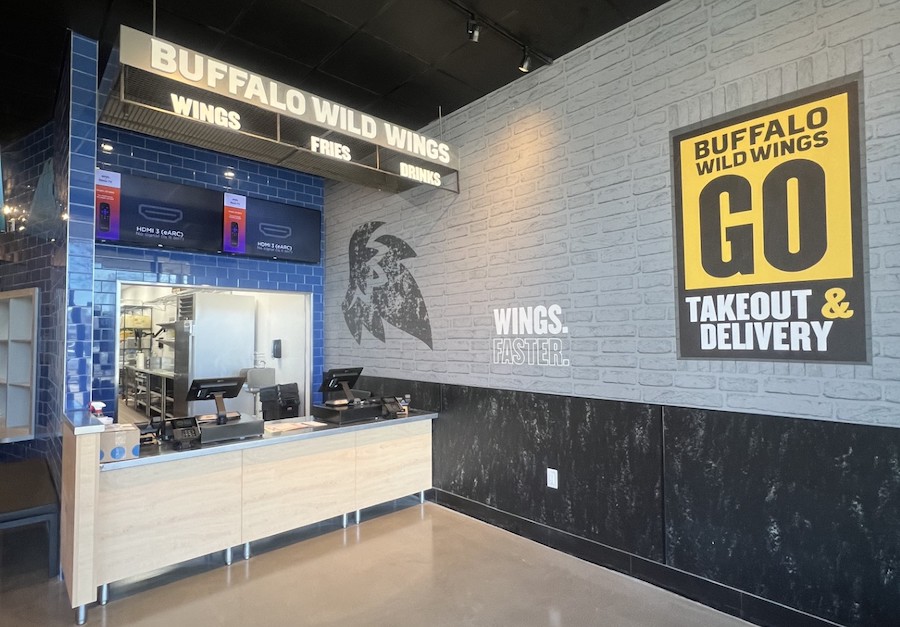

Greater Moriches coverage is funded in part by Angels of Long Island, a charitable nonprofit. Shopping at the Angels’ Mastic and Patchogue thrift stores helps Long Island families in need. Or, click here to donate.

These two quackers may look like they’re smiling now.
But that was hardly the case this weekend when the pair were struggling to survive in the wild of Kalers Pond in Center Moriches.
Doug, the white feathered fella on the left, was aggressively looking to score with female wild ducks. Lisa, the brownish and smaller duck, was covered in poultry lice.
Both were abandoned, lost and hungry.
That was until the concerns of a handful of good samaritans led to their rescue. Some posted photos of the wayward birds on the Long Island Wildlife Photography Facebook group page and others called Long Island Orchestrating for Nature (LION).
“The ducks are approximately a year old and were very thin when we rescued them, but they are eating and drinking well and putting on weight,” LION President John Di Leonardo said.
Members of LION and Jaeger’s Run descended on the pond in kayaks, and managed to heard the ducks onto shore, where they were safely caught with pole nets, Di Leonardo said.
“(Doug) was aggressively going after the female wild ducks, trying to mate,” he said. “Given his size, this is especially dangerous for the wild ducks. If he was able to mate with them, their offspring also would likely be unable to fly and lack many of the natural instincts that necessitate wild living.”
Mating between domestic ducks and wild birds is among the chief concerns of domestic fowl abandonment.
“Should domestic ducks survive long enough to breed with wild birds, their offspring will likely be flightless as well, further disrupting the ecosystem and exposing the young to the same dangers as their domestic parent,” Di Leonardo said.
Cruel and illegal
“Abandoning domestic ducks is cruel and illegal, and no different from abandoning a dog or cat,” Di Leonardo continued. “Left to fend for themselves, they often freeze to death, starve, or are killed by predators because they lack adequate foraging skills and can’t fly.
Furthermore, domestic fowl released into nature disrupt natural ecosystems, which rely on the migratory behavior of wild ducks and geese, and the natural recovery period that comes with their absence, Di Leonardo explained.
For now, Doug and Lisa — named after the volunteers who helped save them — are being quarantined at Di Leonardo’s home in Malverne, with a female pheasant and handful of other ducks and ducklings as neighbors.
But once they are free of poultry lice, they are expected to go to “their forever home” this weekend with The North Fork Country Kids: Rescue and Preservation Through Pedagogy in Aquebogue, Di Leonardo said.
“They will be fed, given regular veterinary care, sleep in a predator and climate-proof coop at night, and have other domestic ducks to swim with and socialize with,” he said.
The rescue squad

